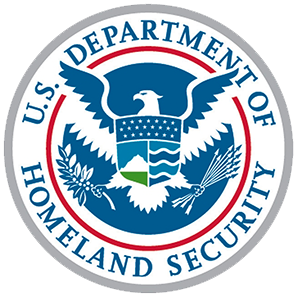The process includes five steps across three phases: Evaluation, Preparation, and Implementation.
Phase 1: Evaluation
Step 1: Initial Request – The Donor Point of Contact (POC) should contact their Local TSA POC to indicate interest in donating Capability and provide all requested information to initiate a Capability Request.
Step 2: Business Case Determination – TSA evaluates Business Case and Financial Analysis Factors to determine if it is in the best interest of TSA to accept the Capability Request. No additional information is needed from the Donor for this step.
Step 3: Memorandum of Understanding – TSA and the Donor formalize their intent to move forward with the Capability Request defining and documenting the baseline expectations for both parties.
Phase 2: Preparation
Step 4: Support of Donor Responsibilities – Assignment and coordination between the Donor and TSA of all necessary pre-implementation activities (e.g., design, procurement, site prep, delivery, installation, acceptance testing) occurs and is documented in the Terms and Conditions for Acceptable Capability.
Phase 3: Implementation
Step 5: Capability Offer and Acceptance – Formalizes the transfer and acceptance of Capability from the Donor to TSA. Template for Offer Letter and Acceptance Letter


 The Transportation Security Administration’s (TSA) Acquisition Program Management (APM) office developed the Capability Acceptance Process (CAP) to facilitate receiving Capability such as Transportation Security Equipment (TSE) and related services from industry stakeholders and security partners like airports and airlines. All three of the Analogic TSA checkpoint lane configurations are approved to participate in the CAP program.
The Transportation Security Administration’s (TSA) Acquisition Program Management (APM) office developed the Capability Acceptance Process (CAP) to facilitate receiving Capability such as Transportation Security Equipment (TSE) and related services from industry stakeholders and security partners like airports and airlines. All three of the Analogic TSA checkpoint lane configurations are approved to participate in the CAP program.